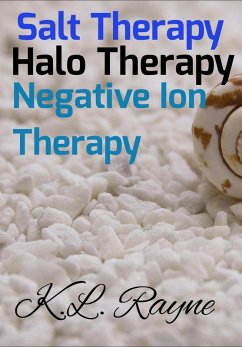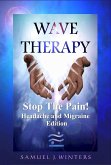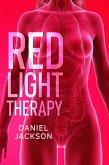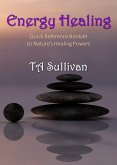People with PTSD symptoms often suffer from agitation, rage, anger, sadness, helplessness, and hopelessness. A sufferer that is severe on all four quadrants of the PTSD and complex PTSD testing and diagnostic scales might suffer such fear and anxiety that they may consider suicide, cutting, self-harm, or dangerous activities as the only relief to their symptoms.
Many people are misdiagnosed or underdiagnosed for much of their lives. They may not tell the doctors, counselors or psychiatrists how distressing their psychiatric symptoms are for fear of shame and humiliation. They may be afraid to be called "neurotic", "crazy", or psychotic. Many people who suffer from PTSD or complex PTSD don't go in to get treatment for fear that they will be hospitalized, and that they will carry the stigma for the rest of their lives that they are classified as "mentally ill".
Still others think that PTSD or complex PTSD only happens to veterans, people who suffer from severe attacks or natural disasters or others who have experienced "much" trauma. The truth of the matter is that anyone can suffer from complex PTSD and PTSD at any time. Any type of trauma in people who are not resilient, who lack social support, or who are genetically predisposed to naturally being anxious via their DNA can cause PTSD or complex PTSD.
Dieser Download kann aus rechtlichen Gründen nur mit Rechnungsadresse in A, B, CY, CZ, D, DK, EW, E, FIN, F, GR, H, IRL, I, LT, L, LR, M, NL, PL, P, R, S, SLO, SK ausgeliefert werden.









